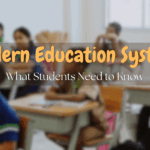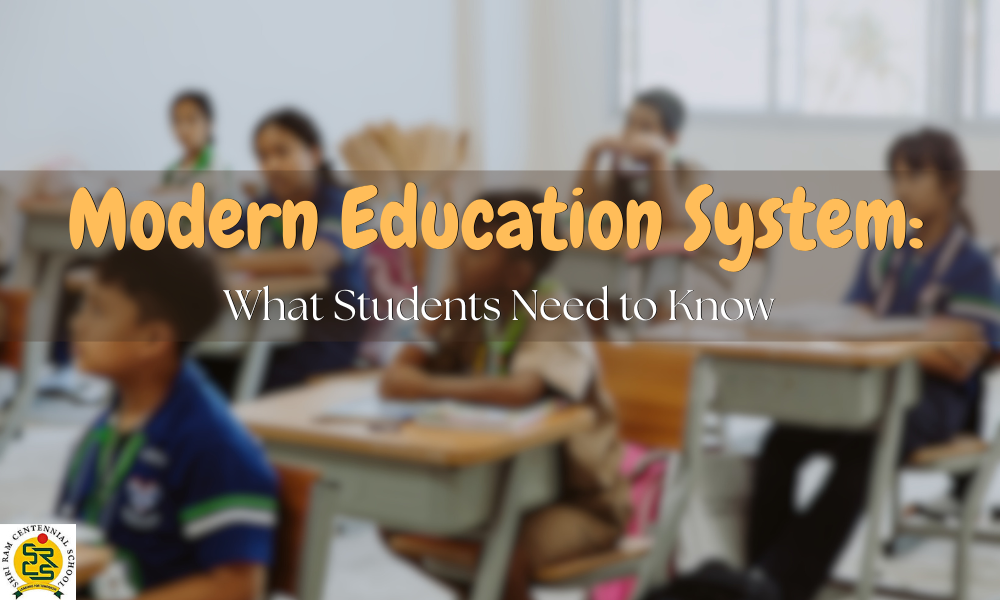Empowering students is no longer a lofty ideal but a necessary approach in today’s dynamic world. Traditional academic models are giving way to skill-based learning that equips young minds with the tools they need to thrive beyond classrooms.
Schools in Dehradun, long known for their academic legacy, are increasingly aligning their pedagogy with real-world skill development—ensuring that students step into life after school with confidence and competence.
Why Empowering Students Matters
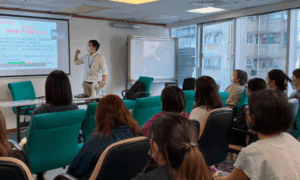
Shifting the Educational Paradigm
The modern world values adaptability, creativity, and collaboration as much as textbook knowledge. Empowering students means enabling them to think critically, solve problems, communicate effectively, and take responsibility for their learning. These competencies are essential for both career success and personal growth.
Building Confidence and Independence
Empowering students helps them discover their strengths and passions. It fosters independence and self-belief, which are key drivers of long-term success. When students are encouraged to take initiative, make decisions, and reflect on outcomes, they grow into self-reliant individuals prepared to face real-world challenges.
Core Areas of Real-World Skill Development
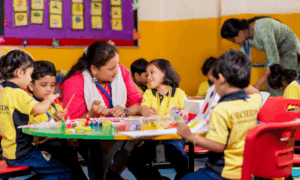
1. Communication Skills
Verbal and Non-Verbal Communication
Clear expression, active listening, and body language are vital in professional and personal interactions. Schools that focus on debates, presentations, and public speaking help students master these essential skills.
Digital Communication
In an increasingly digital world, students must also learn to communicate effectively through emails, virtual meetings, and collaborative online tools.
2. Critical Thinking and Problem Solving
Analytical Thinking
Empowering students with analytical skills enables them to assess situations, identify patterns, and draw conclusions. Activities like case studies and simulations help develop this capacity.
Decision Making Under Pressure
Real-world problems rarely come with easy answers. Through role-playing, brainstorming, and team challenges, students learn how to make informed decisions under pressure.
3. Emotional Intelligence
Self-awareness and Empathy
Understanding one’s emotions and relating to others is central to leadership and teamwork. Empowering students in this area helps foster a culture of mutual respect and collaboration.
Conflict Resolution
Students trained in managing disagreements constructively are better equipped to handle interpersonal issues in the workplace and beyond.
Integrating Real-World Learning in Schools

Project-Based Learning (PBL)
PBL encourages students to work on real-world problems, often in collaborative groups. They research, design, test, and present solutions—mirroring the professional work environment. This hands-on approach not only enhances understanding but also develops project management and teamwork skills.
Internships and Industry Exposure
Forward-thinking schools provide opportunities for students to intern with local businesses, NGOs, or creative studios. These experiences offer direct exposure to workplace expectations and allow students to explore career interests in a practical setting.
Financial and Digital Literacy
Empowering students includes educating them about managing money, budgeting, saving, and investing. Digital literacy—coding, cybersecurity, data management—also forms a critical skill set in the digital economy.
Role of Teachers and School Infrastructure

Mentorship over Traditional Teaching
Teachers now act more as mentors than mere providers of information. They facilitate learning by encouraging exploration, guiding projects, and helping students reflect on their experiences.
Creating a Safe and Supportive Environment
Empowering students also means giving them a space where it’s safe to fail, learn, and try again. Schools that prioritize mental well-being, encourage curiosity, and celebrate diversity help students thrive.
Empowerment through Co-Curricular and Life Skills Education
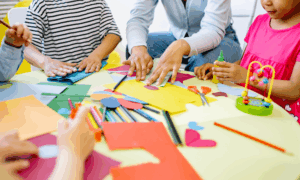
Leadership and Entrepreneurship
Student-led clubs, school elections, and entrepreneurship programs provide real platforms for leadership. Empowering students through these opportunities helps them learn responsibility, risk-taking, and resource management.
Collaboration and Teamwork
Group activities in sports, theatre, music, and volunteer work teach students how to work with diverse teams—an essential skill in any real-world setting.
Time and Stress Management
Workshops on managing stress, setting goals, and balancing priorities ensure students are mentally equipped to handle academic and personal pressures.
How Schools Can Continue Empowering Students

Continuous Curriculum Review
Curriculums must evolve with industry needs. Including modules on AI, climate change, or digital ethics keeps education relevant.
Strong Alumni and Industry Partnerships
Bringing alumni and professionals into the classroom for talks or mentorship builds valuable industry linkages and offers role models for students.
Parental Involvement
When parents are included in the skill development journey—through workshops, open houses, or mentoring initiatives—the impact multiplies.
The Dehradun Example: A Growing Hub for Future-Ready Education
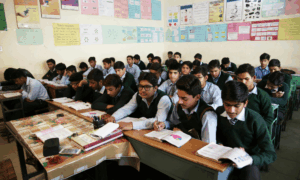
Schools in Dehradun are setting benchmarks by combining strong academic foundations with future-centric skill training. From elite boarding schools to progressive day schools, educators in the city are investing in modern infrastructure, global curricula, and practical learning opportunities. These institutions are not just teaching subjects; they are teaching students to lead, innovate, and adapt to a world that constantly evolves.
Conclusion: A Future Built on Empowerment
Empowering students is the foundation of a better future—for individuals and for society. When schools commit to equipping students with real-world skills, they unlock potential, creativity, and leadership that can transform the world. As the focus shifts from rote learning to holistic development, the need to empower students has never been more urgent or more achievable. Empowered students are not just good learners—they are future problem-solvers, innovators, and changemakers. And it all begins with education that puts skills, character, and curiosity at the heart of the learning experience.


